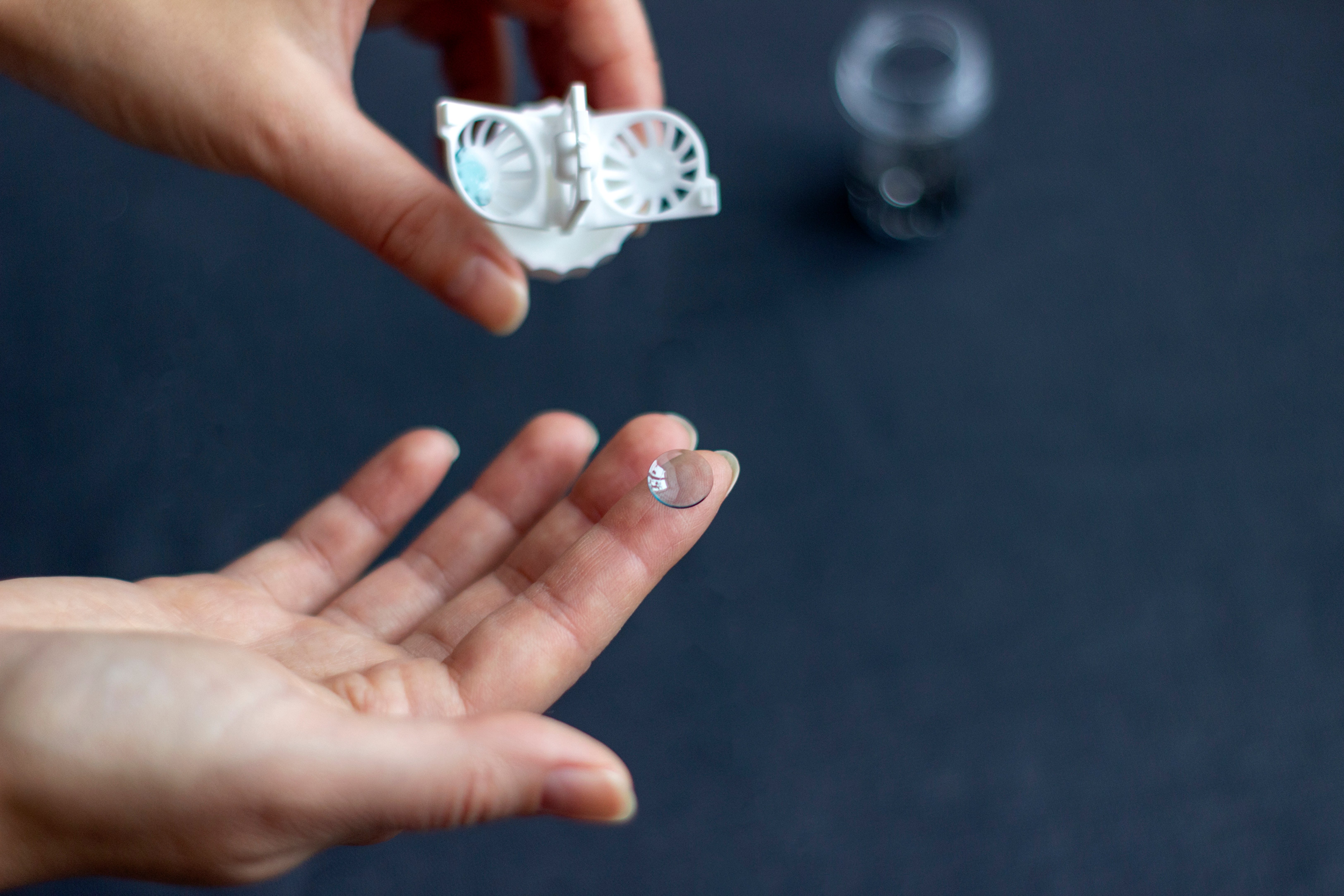
Prescription glasses and contact lenses help correct refractive errors like nearsightedness and farsightedness. However, most people suffering from these problems prefer to improve their vision without such corrective devices. Fortunately, this is possible through orthokeratology. Read on to learn more.
Orthokeratology
Orthokeratology entails using uniquely fitted and designed contacts to improve your vision temporarily. It does so by reshaping your cornea overnight. It works like wearing braces, only that it is for your eyes. Ortho-k lenses work overnight, and you experience better sight all day long.
How Orthokeratology Works
The cornea, a dome-shaped film at the front of the eye, helps focus light on your retina at the back of the eyes. The cornea has flexible tissue that is mostly in control of the ability of the eye to focus.
Getting ortho-k lenses entails measuring and mapping your cornea surface using a corneal topographer to custom-design a lens suitable for your eye.
Ortho-k lenses flatten your cornea center to alter how light refracts when entering your eye. These lenses are ideal for wearing overnight to remove in the morning. They are gas-permeable and rigid enough to do the corneal reshaping excellently while keeping your eyes healthy as they allow oxygen flow.
Once you remove the ortho-k lenses in the morning, your cornea remains flat temporarily to correct your vision without needing prescription glasses. However, your eyes can resume their previous shape if you stop wearing the ortho-k lenses overnight. As a result, the refractive error you experienced will return. People who want to retain vision correction must wear the lenses habitually.
Ideal Candidates for Orthokeratology
Most individuals suffering from mild or moderate myopia or nearsightedness are ideal ortho-k candidates. You can stop wearing the orthokeratology lenses whenever you please. The effect of reshaping your cornea is temporary. But if you discontinue using them, you should be willing to start wearing prescription contacts or eyeglasses if your nearsightedness returns.
Young adults and children who do not want to wear glasses but are not eligible for refractive surgery or LASIK are ideal candidates. You can also qualify for ortho-k if you work in a dusty environment or play contact sports.
What to Expect
You will need patience to start experiencing the maximum orthokeratology benefits. It may take up to two weeks or more for your vision to be entirely improved. However, some individuals have remarkably improved sight after a few days of using ortho-k lenses.
Your eye specialist at Marshall EyeCare Physicians may give you a series of lenses to help you see up to when you get your ideal prescription. You will maintain your vision correction using the same lenses. You will feel the lenses when awake till you sleep during the early days. However, they become comfortable with time. You will later use a retainer lens after your corneas get the ideal curve. You will wear the retainers according to your ophthalmologist’s instructions. Doing so will help maintain vision correction.
Safety of Orthokeratology
Orthokeratology complications are low. However, it is always ideal that you work towards reducing risk by handling the lenses properly. Follow the disinfection and hygiene procedures your eye specialist recommends.
For more about orthokeratology, visit Marshall EyeCare Physicians in Aberdeen, New Jersey. Call (732) 837-0988 to book an appointment today.








